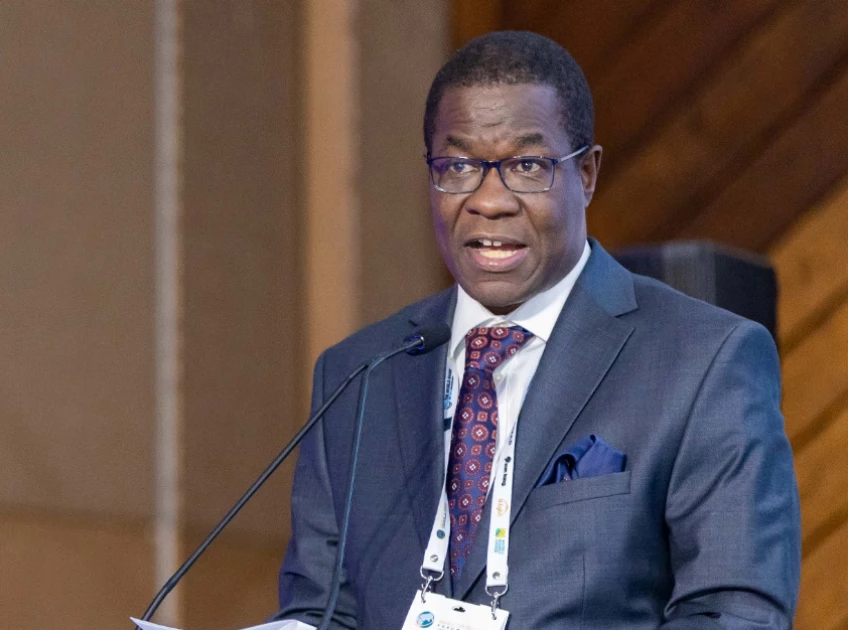
In a statement that has sent ripples through Kenya’s business community, Energy Cabinet Secretary Opiyo Wandayi has categorically ruled out any form of compensation to consumers—be they households or businesses—who suffer financial losses due to electricity outages. The bombshell announcement came earlier today, triggering intense debates over the implications for businesses that have been severely disrupted by power cuts.
“The law does not allow KPLC to compensate for economic losses,” Wandayi stated, making it clear that the Kenya Power and Lighting Company (KPLC) is legally barred from reimbursing customers for their commercial or operational losses.
Shockwaves Across Industries
For small and medium enterprises, whose survival often depends on reliable electricity, the lack of compensation represents a serious blow. Many manufacturers, shops, and service providers have already chalked up thousands of shillings in lost revenue each time the grid fails. With this legal barrier firmly in place, calls are growing louder for policy reforms or legislative amendments to enforce accountability when power supply lands consumers in financial peril.

Government Position Unwavering
Energy CS Wandayi underscored that, while KPLC is under no legal obligation to pay out, the government is intensifying efforts to improve overall power reliability. He emphasized that the current legal framework was set by Parliament and that any change would require legislative action—something not currently on the table.
What This Could Mean
Analysts warn that businesses may bear the full brunt of future outages unless urgent reforms are implemented. In recent months, prolonged blackouts have repeatedly stalled operations across the manufacturing, retail, and hospitality sectors. Without compensation mechanisms, concerned businesses could increasingly turn either to private backup solutions like generators, or escalate demands for swift legislative reform.
Next Steps on the Horizon
- Industry Advocacy: Business associations are expected to lobby for amendments in energy regulations to enable compensation for sustained power failures.
- Political Pressure: Opposition lawmakers may seize this opportunity to propose amendments that would force compensation protocols when outages exceed a predefined threshold.
- Consumer Strategy: Meanwhile, individuals and small traders may increasingly invest in costlier but reliable alternatives such as standby generators or solar-battery setups to curb losses during outages.
Wandayi’s declaration leaves no room for immediate financial redress. The onus now falls on legislators to revisit and reform the existing legal framework. With businesses left exposed and frustrated, Kenya could soon witness a renewed push for energy sector accountability—maybe even compensation clauses tied to grid performance.






